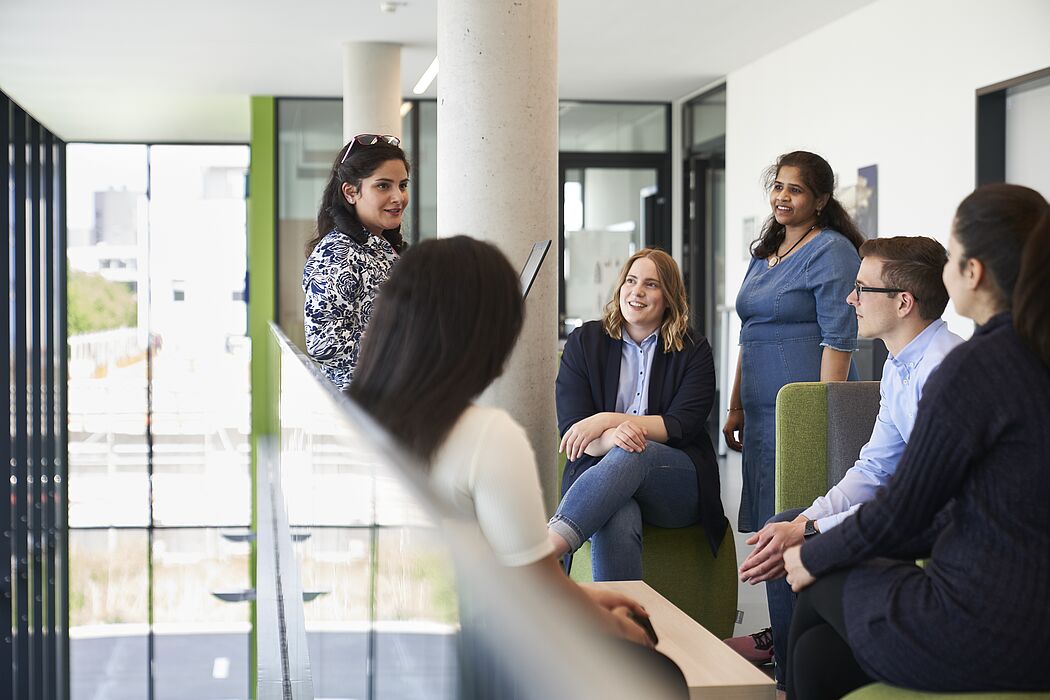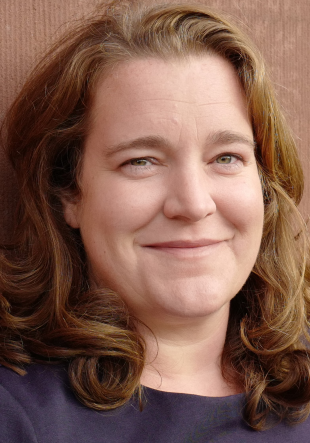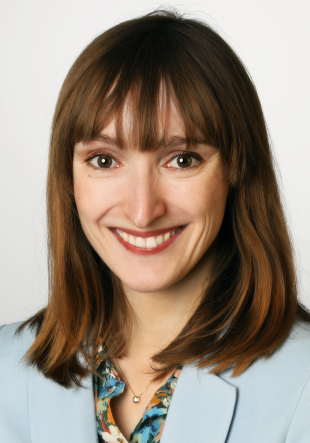Paderborn University took part in the National Academics Panel Study (Nacaps) doctoral student survey for the first time last year. Designed as a longitudinal study by the German Centre for Higher Education Research and Science Studies (DZHW), doctoral candidates and doctoral graduates in Germany are asked about their doctoral conditions, career intentions and career paths as well as general living conditions. The results have now been published and provide data on doctorates at Paderborn University. The bottom line: the university is already well-positioned in many areas. The aim now is to expand the services for doctoral students in a targeted manner.
All doctoral candidates at the university who started their doctorate between December 2018 and December 2019 were invited to take part in Nacaps. Doctoral students from all faculties took part. The proportion of male and female respondents was balanced. 51 per cent of respondents stated that they were first-time academics.
In general, doctoral students rate their time at the university positively. For example, 80 per cent of those surveyed stated that they had concluded a supervision agreement. 77 per cent stated that they had an employment contract at the university, of which 78 per cent had a contract period of between 24 and 36 months. This puts Paderborn University above the national average of 70 per cent. In addition, over 50 per cent of respondents stated that they had more than 20 hours per week available for their doctorate. Although the weekly working hours available vary depending on the subject, it can be assumed that the majority of work tasks allow sufficient time for qualification work.
What is striking is the indecisiveness with regard to where doctoral students would like to work after their doctorate. Although a relatively high proportion of respondents (25 per cent) in a nationwide comparison stated that they wanted to stay at the university after their doctorate, almost 40 per cent of respondents also stated that they had not yet decided what to do after their doctorate. In order to better support the group of undecided candidates in the future, the Academic Career Development Unit is therefore expanding its career counselling and development services. Information events, workshops and individual counselling sessions are intended to make career paths within academia more transparent and support conscious career decisions.
Doctoral students also have the opportunity to take advantage of the numerous training opportunities offered by the Jenny Aloni Centre for Early Career Researchers and the university's staff development department. Courses and workshops are offered on such diverse topics as "Writing and publishing", "Financing and managing research projects" and "Planning and developing your own career". Mentoring programmes for women and peer coaching round off the offer. In order to counteract disorientation in the doctoral phase at an early stage, advanced Master's students will in future be informed about the "doctoral option" at an early stage as part of a theme day.
Many doctoral students also do not have the topic of international mobility on their agenda. A total of 93 per cent stated that they had not yet completed a research-related stay abroad and only 11 per cent were planning a stay. Here too, the Office of Academic Career Development would like to provide more support by offering advice and information on stays abroad during the doctorate.
Regular participation in Nacaps is planned for the future in order to assess the needs of doctoral students and further develop programmes in line with their requirements.
This text has been translated automatically.



